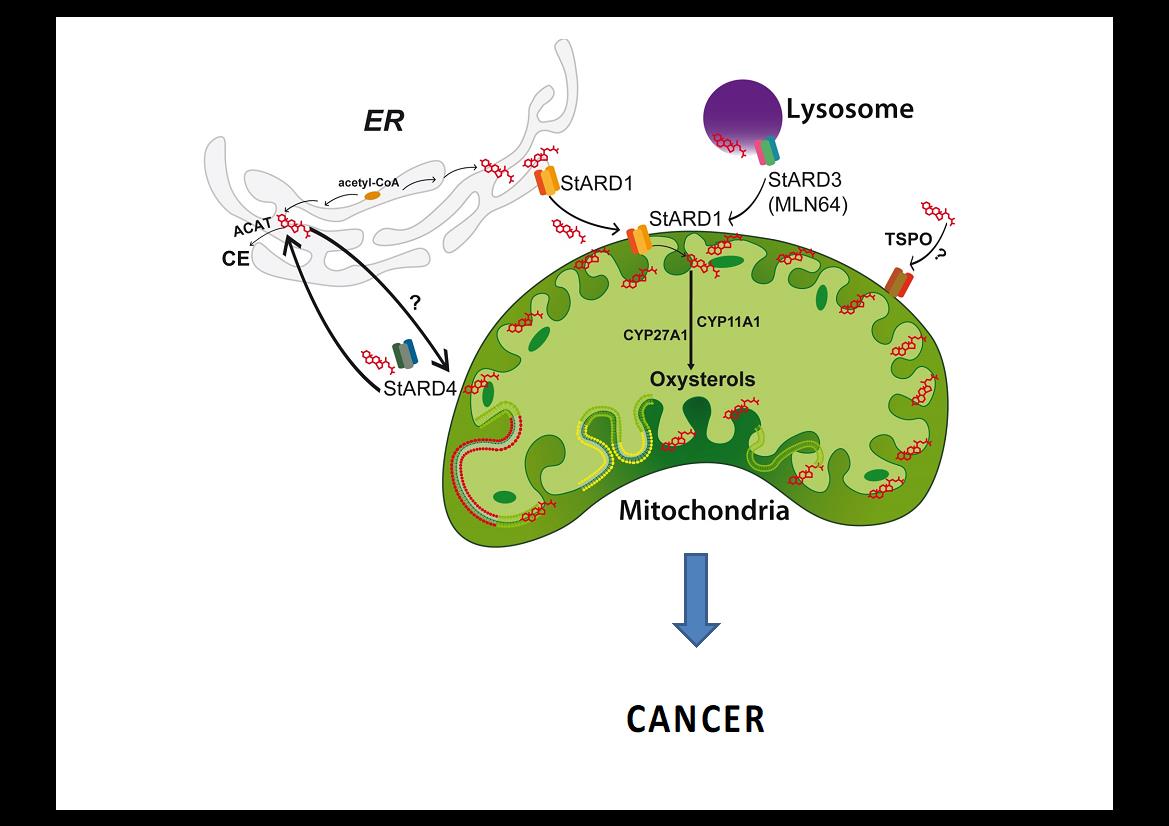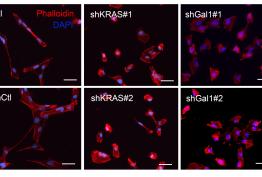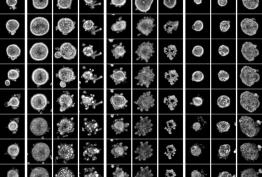In an invited review published in Seminars Cancer Biology (IF: 11,090), researchers from the group Mitochondrial Regulation of Cell Death, with Dr. Carmen García Ruiz as first author, analyze the role of mitochondrial cholesterol in cancer biology and therapy.
Cancer incidence is one of the leading causes of death in the world and has risen to become a global health problem. Solid tumors, including pancreatic cancer or hepatocellular carcinoma (HCC), are particularly aggressive and are one of the leading causes of cancer-related death.
Cholesterol is a crucial component of lipid bilayers that determines their physical and functional properties. Cells largely satisfy their need for cholesterol through de novo synthesis from acetyl-CoA and this demand is particularly critical for tumor cells to maintain constant cell proliferation. Although the cholesterol content in the mitochondria is low compared to other cell membranes, mitochondrial cholesterol plays an important physiological role both in the synthesis of steroid hormones or bile acids and in the control of mitochondrial function. Furthermore, the metabolism of cholesterol in the mitochondria generates oxysterols, which in turn regulate multiple processes, including lipid metabolism, as well as cell proliferation and death.
In the present review, the authors summarize the regulation of mitochondrial cholesterol, the transport mechanism and its role in mitochondrial function, cell death and resistance to chemotherapy of tumor cells, highlighting its contribution to the genesis and progression of cancer. Of particular relevance is HCC, the incidence of which in Western countries has tripled in recent decades due to the increase of obesity and type II diabetes. A better understanding of the role of mitochondrial cholesterol in cancer development may open up new opportunities for cancer therapy.







